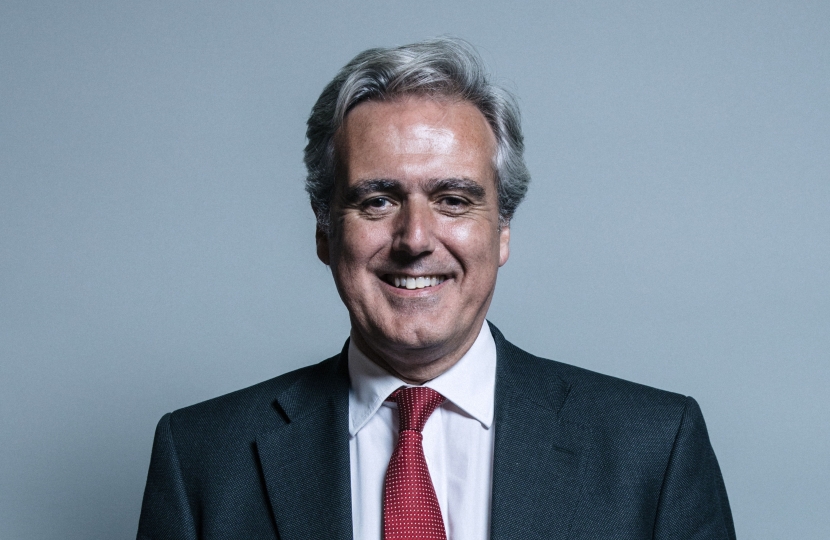
During the referendum campaign, I met a bloke who argued that Britain could be entirely self-sufficient. He claimed that we could manufacture everything we needed and that we could stop importing anything at all. We could be an isolated country, not dissimilar to the 70s sit-com, The Good Life. I strongly disagreed with him, but as we undertake Brexit, carving ourselves a trading policy for the first time in 40 years will bring out many emotive views.
However, I see how he may have come to his view. In a constituency like Wyre Forest, free trade has mixed outcomes. Over 20,000 people used to work in Kidderminster’s carpet industry. But membership of the single market allowed cheap Belgian carpet to compete against our domestically produced carpets. Around 15,000 households in Wyre Forest lost earnings from the carpet industry, but 30,000 other households only saw the upside, affording brand new fitted carpets for the first time.
Any cursory glance around any home will show how free trade has made a difference, driving down prices and driving up consumer choice. Furniture from Sweden, TVs from Korea, HiFi from Japan, computers from Taiwan – the examples of how we benefit from free trade are limitless.
Similarly, free trade helps other, developing countries. But we can, and should, do more. I read recently that there are nearly 200 different types of coffee available in the UK – a commodity that we import from mainly developing nations. But EU rules mean that whilst raw coffee beans can be imported duty free into the EU, the value part of the process – roasting, grinding and packaging – are done in the EU. A country like Columbia exporting processed coffee to the EU faces hefty tariffs and that is wrong. Why should a rich group of nations take for itself the largest part of the value of coffee when we as consumers would pay the same for our coffee, but allow the profit to be more evenly distributed to developing nations where the wealth can be so much more beneficial?
The argument for free trade is just beginning, but it is probably the single most important part of the Brexit process. As we take back control of our trade policy, we need to re-appraise ourselves of what we want to achieve. I firmly believe that free trade is a force for good, both for consumers and for developing nations. The debate is only just beginning.
